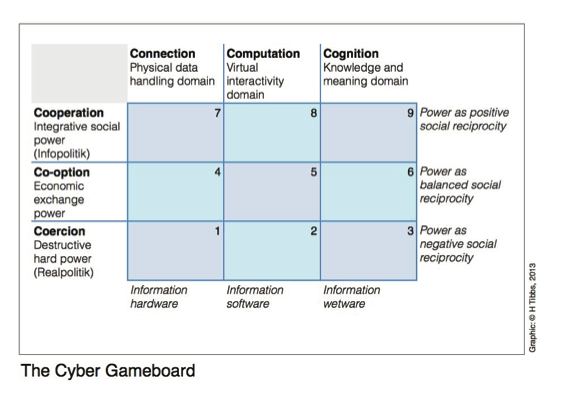
The problem, of course, with saying that you are not blogging for a while (previous post) is that when you start blogging again it could reasonably be expected that you will say something hugely important. Well sorry to disappoint, but I’m still working on that. In the meantime I have noticed a few things of relevance to anyone involved with thinking about the distant future, which I thought I’d share.
The first is a paper by Jessica Bland and Stian Westlake at NESTA (a UK organisation providing grants and research for innovation and early stage ideas). It’s called Don’t Stop Thinking About Tomorrow: A Modest Defence of Futurology. Click here for the PDF (24 pages). Thanks to Alex Ayad at Imperial College London for sending this.
Broadly, what it says is that new forms of data potentially provide a variety of new ways to forecast the immediate future. This, I guess, taps into the thoughts of Nate Silver and the area of ‘Big Data’. The paper also suggests that scenarios – done well I should add – can help organisations to become more resilient in the face of extreme change. Third, it suggests that narratives around how the future could look are essential ingredients in the innovation process. This last point is a good one because in my experience scenarios are generally thought of as a corporate strategy tool when in fact they can also be hugely useful for innovation, category management and risk also.
The other item of interest is a UK Defence Academy document about cyber-crime, although the real ‘find’ is a three by three matrix that Hardin Tibbs at Synthesys Strategic Consulting has developed. As Hardin explains it: “The ‘Cyber Gameboard’ consists of a nine-cell grid. The horizontal direction on the grid is divided into three columns representing aspects of information (i.e. cyber): connection, computation and cognition. The vertical direction on the grid is divided into three rows representing types of power: coercion, co-option, and cooperation. The nine cells of the grid represent all the possible combinations of power and information – in other words, cyberpower. The grid then allows interactions between cyber players to be mapped.” (Thanks to Oliver Freeman at Futures House in Sydney for sending this).

Get the whole report here.
The main image, BTW, is me standing by my Trends and Technology Timeline 2010-2050. It was in a meeting room of a German company earlier this week. They told me in advance that they liked the map and had printed it and put it on a wall, but I wasn’t expecting anything quite so large!



